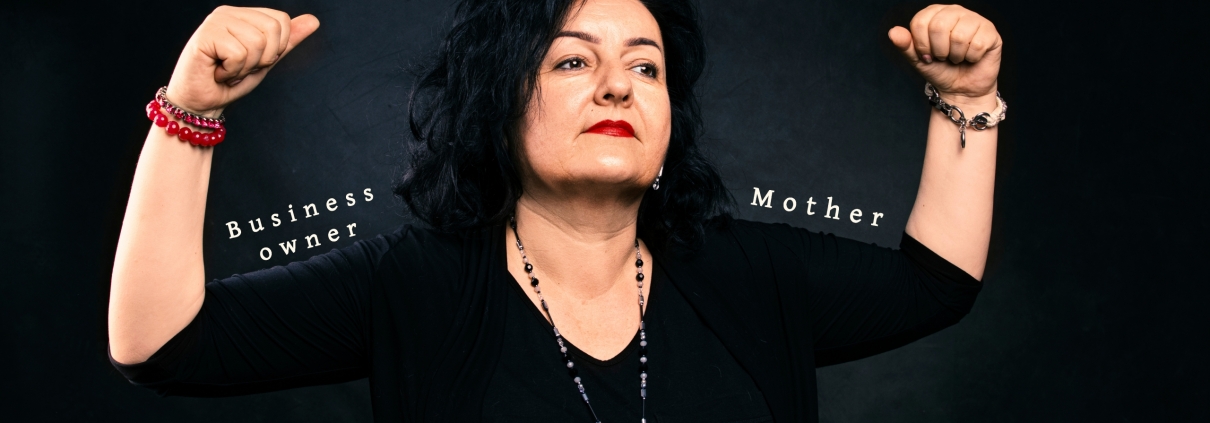The Fairest Society Is The One Which Most Energetically Promotes The Entrepreneurial Creativity Of All Its Members.
This post is based on – and utilizes a lot of the language from – The Theory Of Dynamic Efficiency by Jesus Huerta De Soto, an essay that highlights with great clarity some of the essential differences between Austrian economics and mainstream economics.
It seems as though those of us who favor free markets and the unleashing of the creative power of entrepreneurship have lost control of the language.
Take the word fairness as an example. In today’s perceptions of social justice (which, in itself, is an other term we’ve lost to irrational interpretation), fairness is deemed to require equalized outcomes for all. No-one should have more wealth or income than anyone else. Any institution or process or arrangement that tends towards an outcome that can be deemed unequal is unfair.
Is this way of thinking good for society? There is an entirely different way of thinking, one which will lead to a much more dynamic and productive society that advances with great agility and energy towards a better future for all.
Economist Jesus Huerta de Soto calls this way of thinking “dynamic efficiency”. Efficient is another word that is typically misused in economics. It has been made to mean something like using fewer resources in order to achieve a given output. The point about dynamic efficiency is that output is never given. Thanks to individual human creativity, especially in the form of entrepreneurship, output is always changing, improving, becoming more effective and more useful and more valued by customers. The question should not be how to use fewer resources, but how to use resources in a good way to produce better outcomes.
Neither resources nor technology are “given” in real life. They can vary and actually do vary continually – as a result of entrepreneurial activity. This is the essence of dynamic efficiency – continuous change for the better. When so-called welfare economics calls for redistribution of resources in order to address perceived inequality, it is based on a static view. Interpersonal comparisons of what economists call utility require a snapshot to freeze data in time in order to analyze and decompose It. Meanwhile, time and economic conditions and entrepreneurship and innovation continue apace, and whatever comparisons are made are rendered irrelevant.
Such comparisons completely ignore dynamic efficiency, the capacity to foster entrepreneurial creativity and co-ordination and collaboration, and to seek, discover and overcome any maladjustments or unmet needs in society and among its members. The most important goal is to apply these dynamics and continually shift possibilities to a new higher level.
The driver of this creative and dynamic energy of improvement is entrepreneurship. This can be understood as the typical human ability to recognize opportunities for profit that appear in the environment and to act accordingly to take advantage of them. Entrepreneurs are alert to these opportunities. They are creative in producing new knowledge, new solutions, and new possibilities. The entrepreneurial process never stops or ends. There are always new opportunities to be seized, whether in the form of new ends (things we achieve that we never thought we’d be able to) or new means (better ways to reach goals for which we may have been striving for a long time).
Will there be waste as all these new opportunities are pursued? Probably. Can perfect equality or static efficiency be reached. No – because the dynamic creation and discovery of new outcomes is never balanced, it’s always tilted towards change and towards a better future.
What, then, can we say of the ethics or the social justice of this dynamic and creative economy? We address that question from the perspective that every person possesses an innate creative capacity that enables them to perceive and discover the profit opportunities that arise in their environment, and to act accordingly to take advantage of them. Entrepreneurship is the typically human ability to perpetually create and discover new ends and means. The ethical principle is that each person has the right to the results of their entrepreneurial creativity. Whatever they create, they keep. It’s not a matter of redistribution, but it is a matter of equity. Earn it, keep it.
That’s why de Soto says, “the fairest society is the one which most energetically promotes the entrepreneurial creativity of all its members” – a society in which no authority will expropriate the results, partially or totally, of the creative entrepreneurial process. Social ethics hinge on the private ownership of that which is entrepreneurially created and discovered, based on the voluntary exchange of all goods and services.
Regulation and state intervention in pursuit of redistribution or restriction of entrepreneurial activity impedes creative action, limits people’s creative capacity , and the new knowledge and innovation that moves society forward. State intervention is both dynamically inefficient and ethically reprehensible.
A dynamic and ethical society under these principles will evolve the institutions that can support them. Entrepreneurial behavior takes place best in emergent common law legal frameworks, and moral frameworks. Taxation policies can undermine entrepreneurship, as can misconceived regulation and economic intervention. The law should be on the side of entrepreneurial creativity.
Social justice concepts such as fairness and efficiency should be re-examined through the lens of economic dynamism and creativity driven by entrepreneurship. All in society thrive most in the entrepreneurial environment.

Leave a Reply
Want to join the discussion?Feel free to contribute!